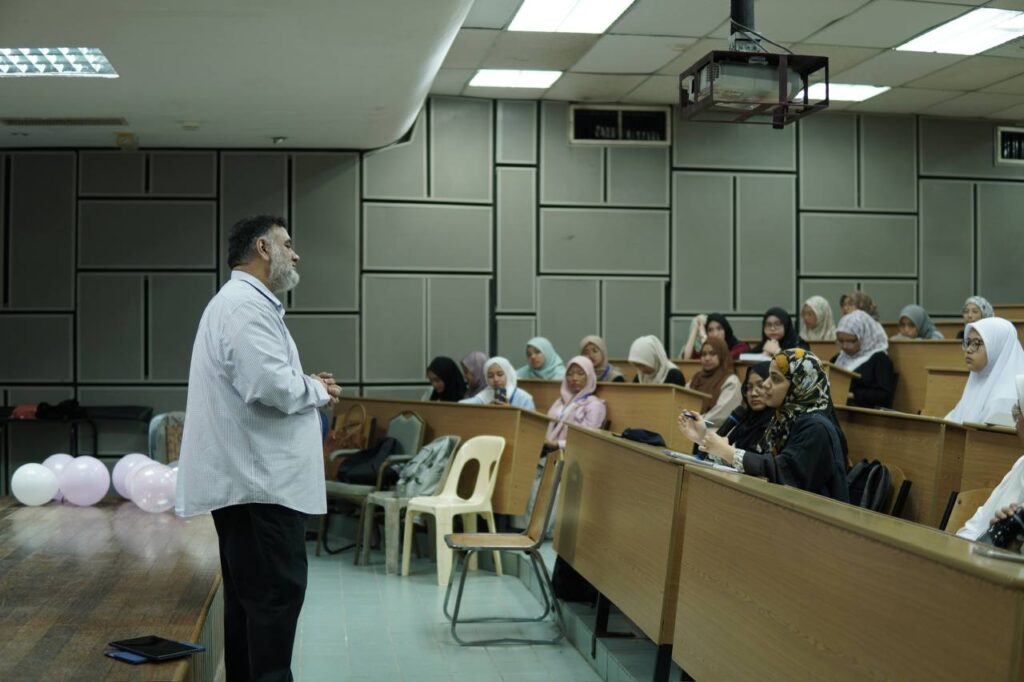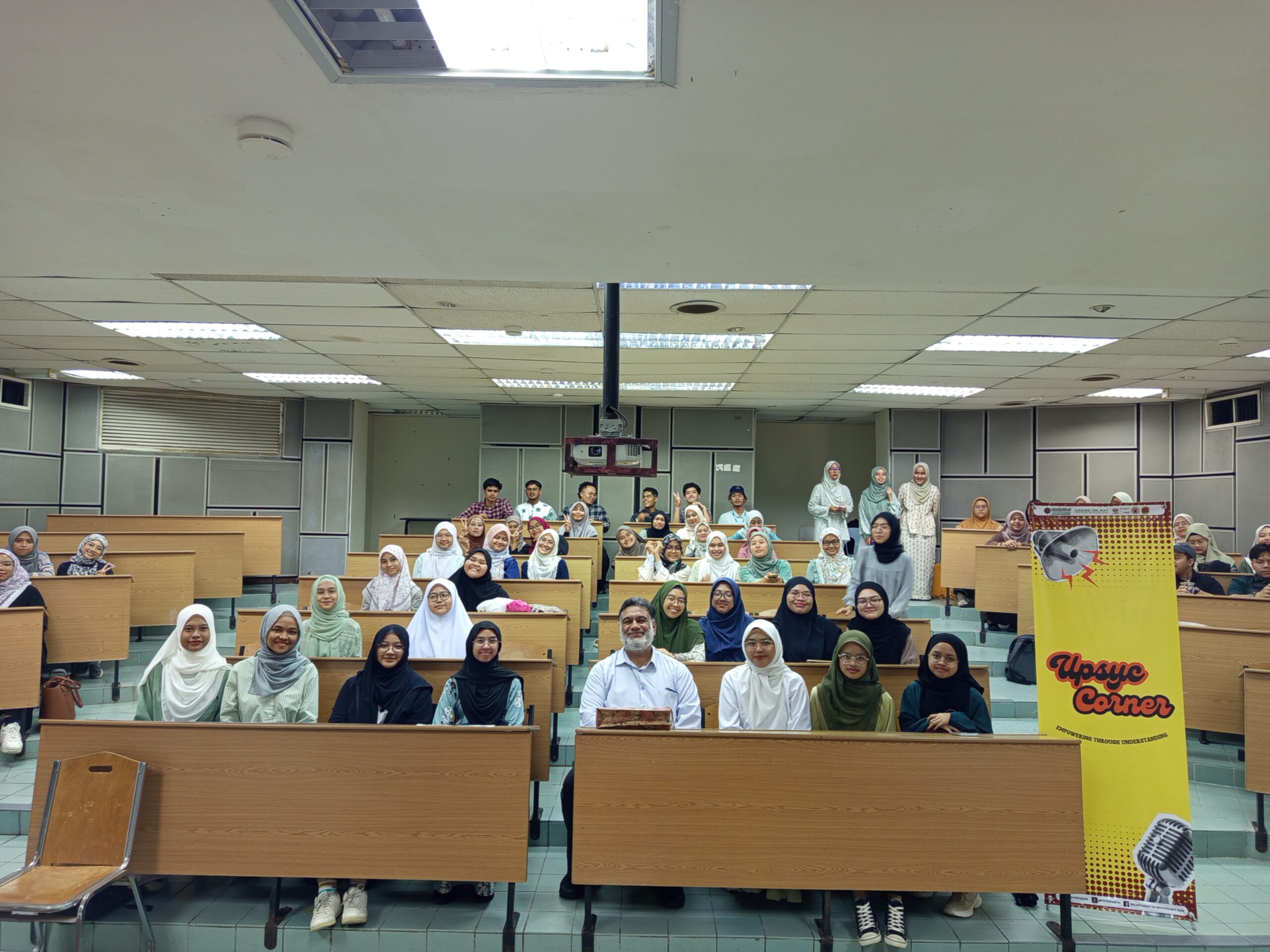By, Daniya Afroz
GOMBAK, 16th October 2024: In conjunction with World Mental Health Week, an insightful program titled, Mental Health Rights: Integrating Indigenous, Cultural, and Religious Perspectives into Modern Frameworks, was held at the IIUM on 15 October 2024, hosted by PSYCSTA of the Department of Psychology, AHAS KIRKHS at the IIUM. The keynote speaker of the event, an academic of the Department of Psychology, Dr. Usman Jaffer, delivered an insightful talk on the evolving landscape of psychology and the need to integrate diverse perspectives into the field.
In his remarks, Dr. Jaffer recalled his recent participation in a psychology congress in Prague, where members of various psychological groups worldwide convened to deliberate on the future of psychology. He brought attention to a major point of contention: the desire for “one psychology, one humanity, and one world,” which Dr. Jaffer claimed was opposed. He underlined how crucial it is to recognize and appreciate the distinct psychological frameworks of other cultures.
“While smaller communities, such as those in Southeast Asia, found it difficult to be heard, the congress was dominated by views from larger nations like Canada and New Zealand. But we concluded that there cannot be one universal psychology for all communities. Every community has a unique psychology that is influenced by its values, culture, and religion, for Dr. Jaffer.
Additionally, he identified a major problem with psychology education in countries like Malaysia, Singapore, and Indonesia, where the curriculum is heavily influenced by Western, especially American, texts and theories.
Dr. Jaffer emphasized that Western models are inappropriate for meeting the psychological needs of non-Western communities, by saying, “Psychology as a discipline has been largely guided by American frameworks.” He emphasized that it is essential for psychologists in places like Southeast Asia to take a more regional, culturally sensitive approach to psychology.

The reductionist tendencies of modern psychology, including the bio-psycho-social-spiritual paradigm, were also covered by Dr. Jaffer in his speech. “Psychologists often reduce human behaviour to biological, psychological, and social factors, overlooking deeper cultural and religious influences,” Dr. Jaffer stated. “For instance, spiritual wellbeing is essential to mental health in Islamic psychology, but in modern frameworks, spirituality is frequently reduced to a cognitive effect or coping mechanism,” he continued.
Dr. Jaffer also emphasized that indigenous psychology extends beyond biological and psychological factors, incorporating values, spirituality, religious practices, and cultural awareness.
He concluded by addressing the challenges faced by Malaysian psychologists. He stressed the importance of expanding their knowledge to include the religious and cultural backgrounds of diverse populations, including non-Muslims, and overcoming language barriers to foster a better understanding and cultural integration.***
- Best Student Award Winner Nurul Hannan honoured for her Research in Cochlear Implant Study - December 11, 2025
- Speech by IIUM Rector Prof. Dr. Osman Bakar at the 41st IIUM Convocation Ceremony - December 9, 2025
- 442 Graduates Receive Degrees at the First Session of 41st IIUM Convocation Ceremony - December 7, 2025
